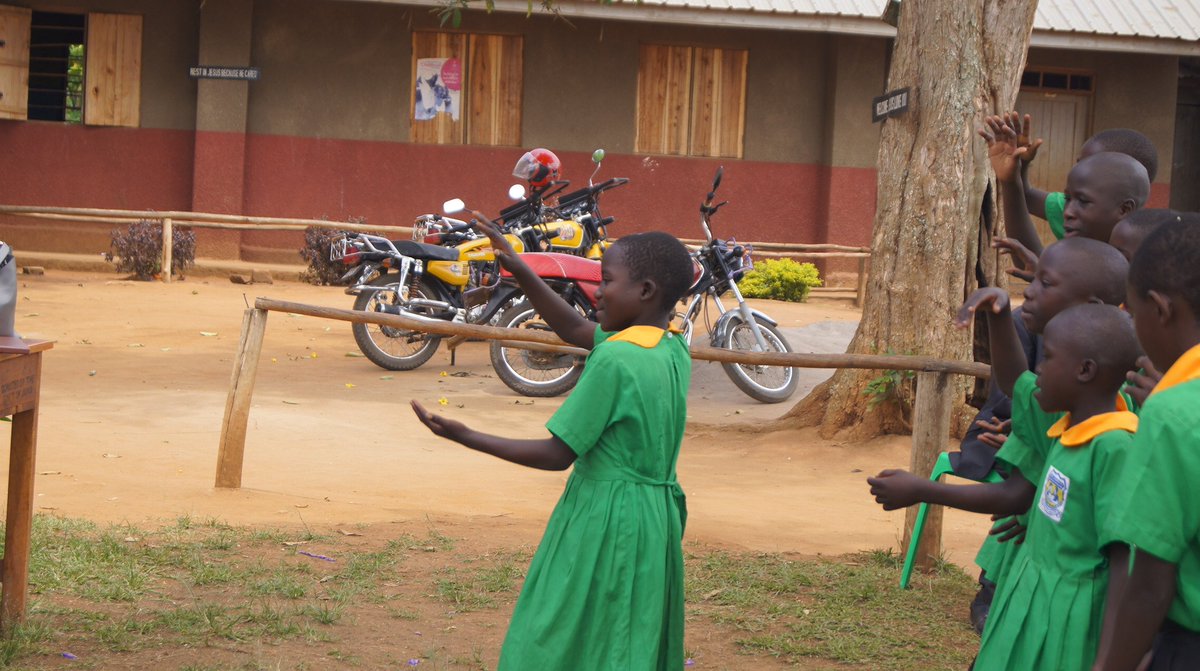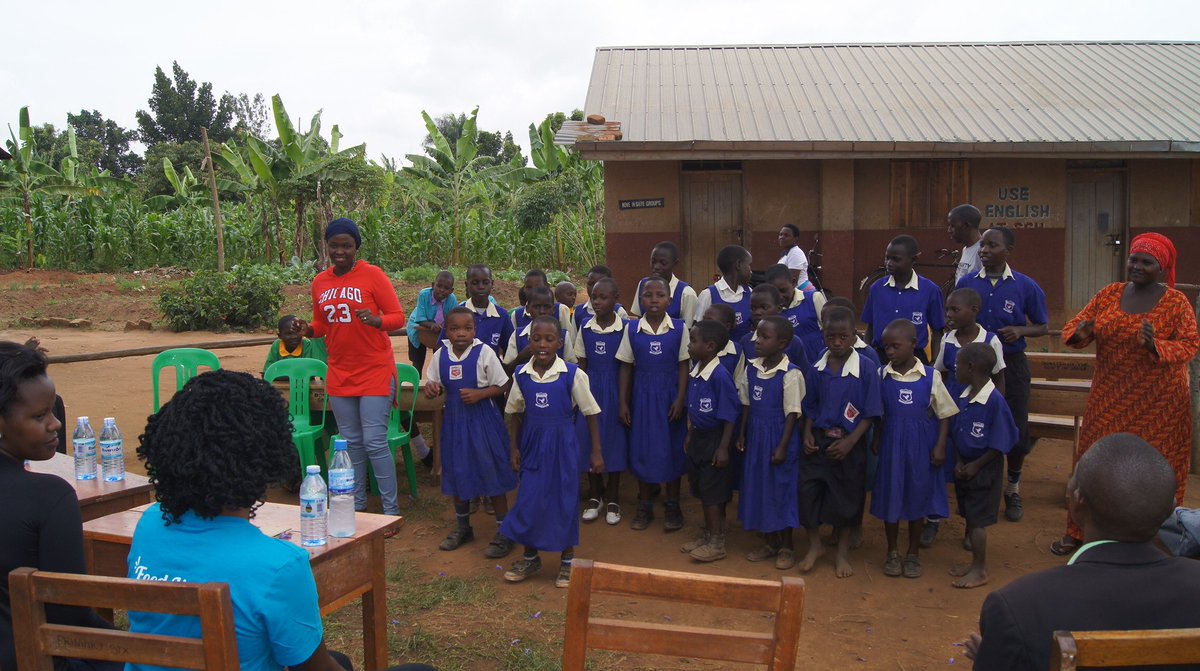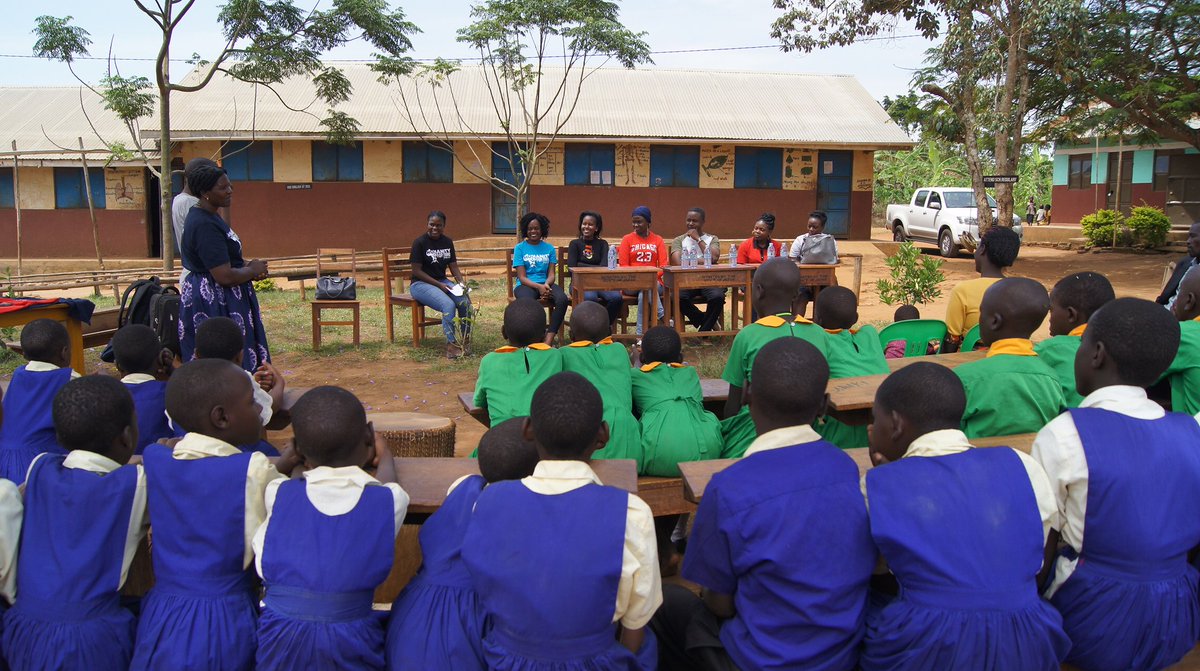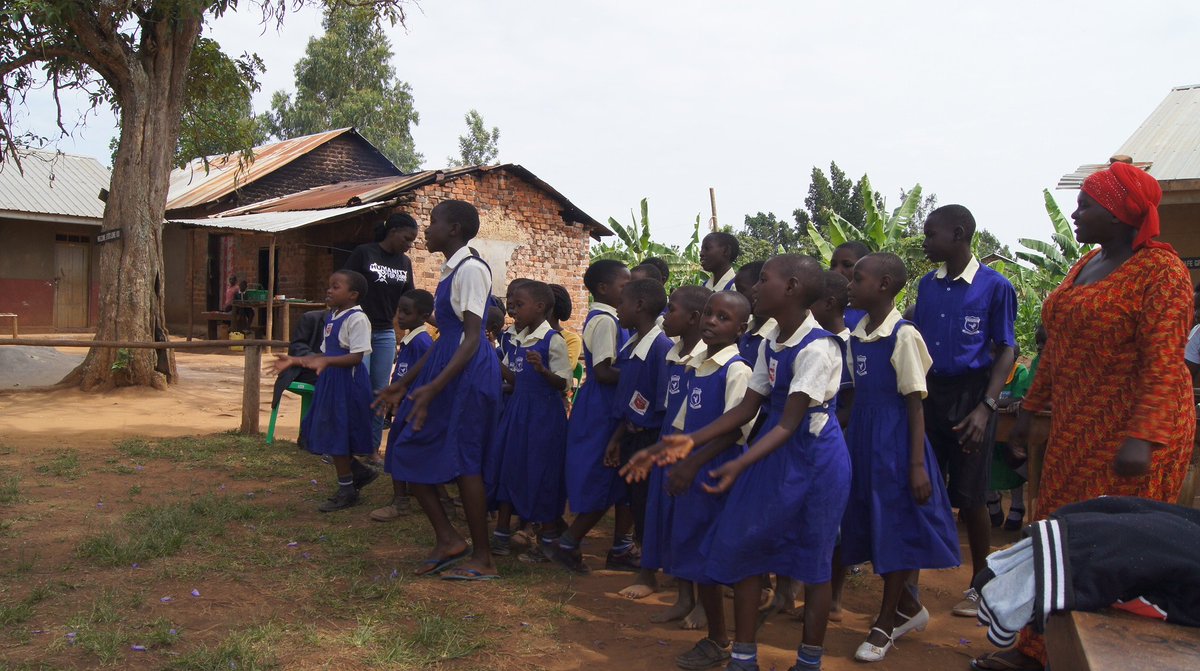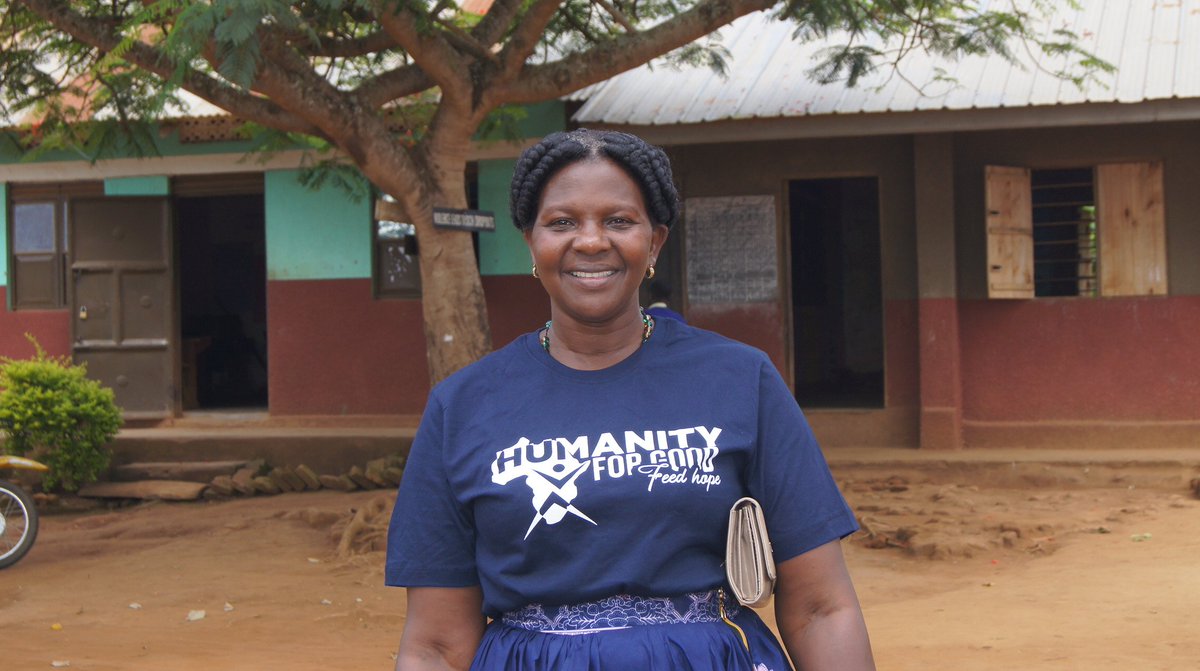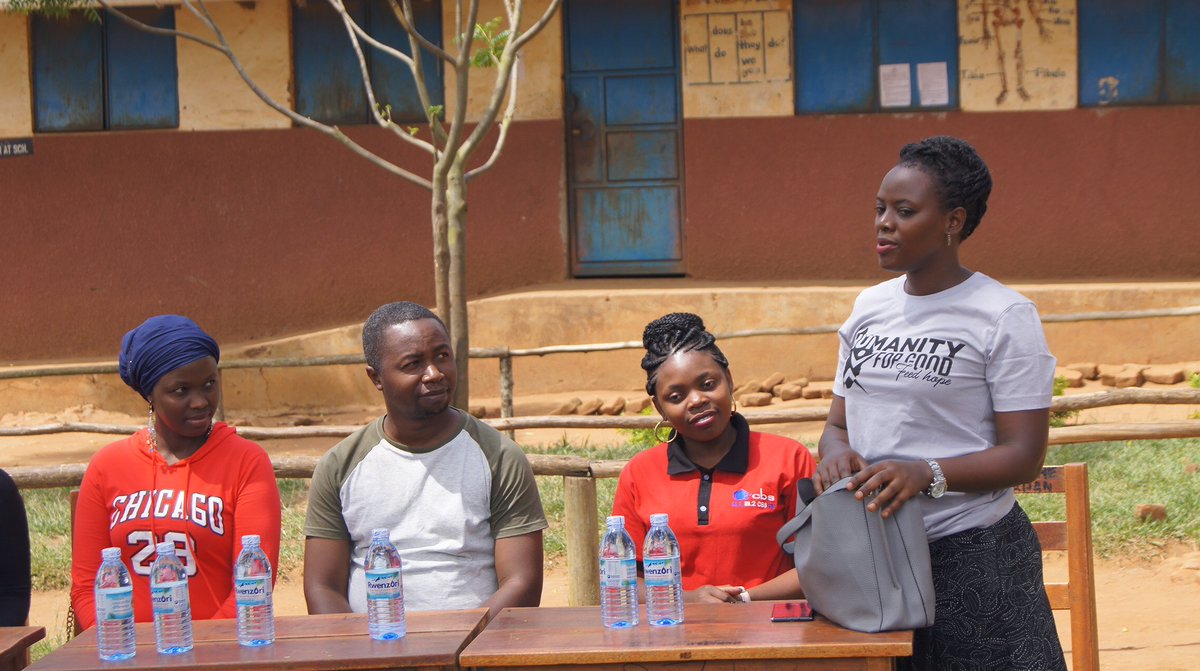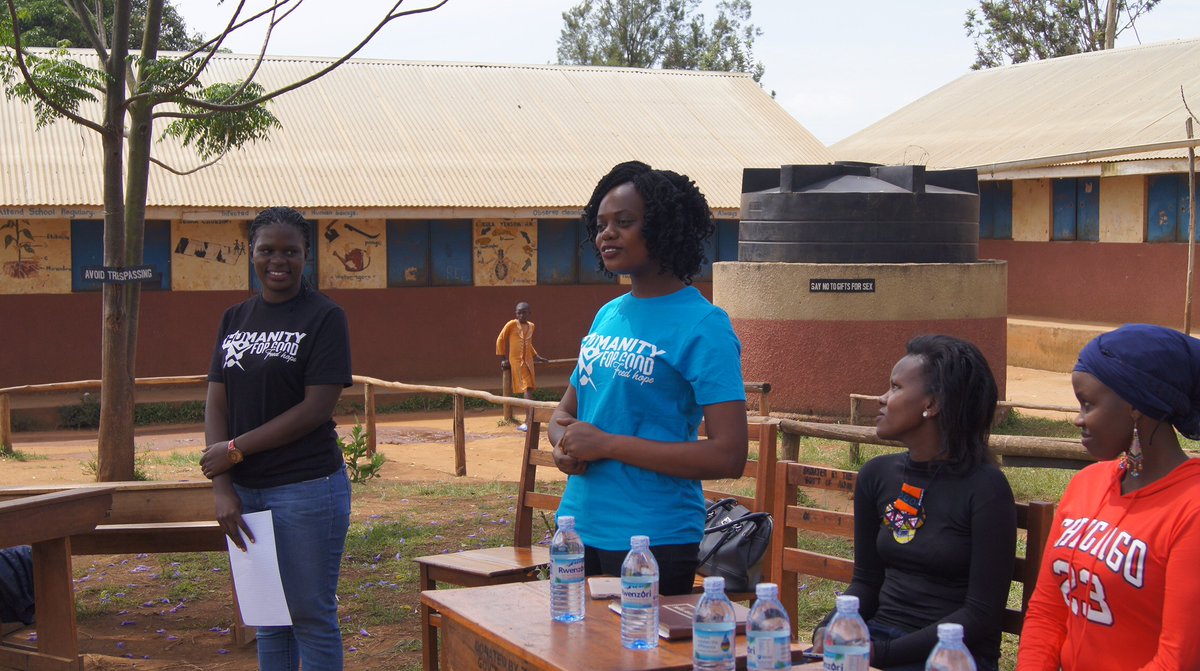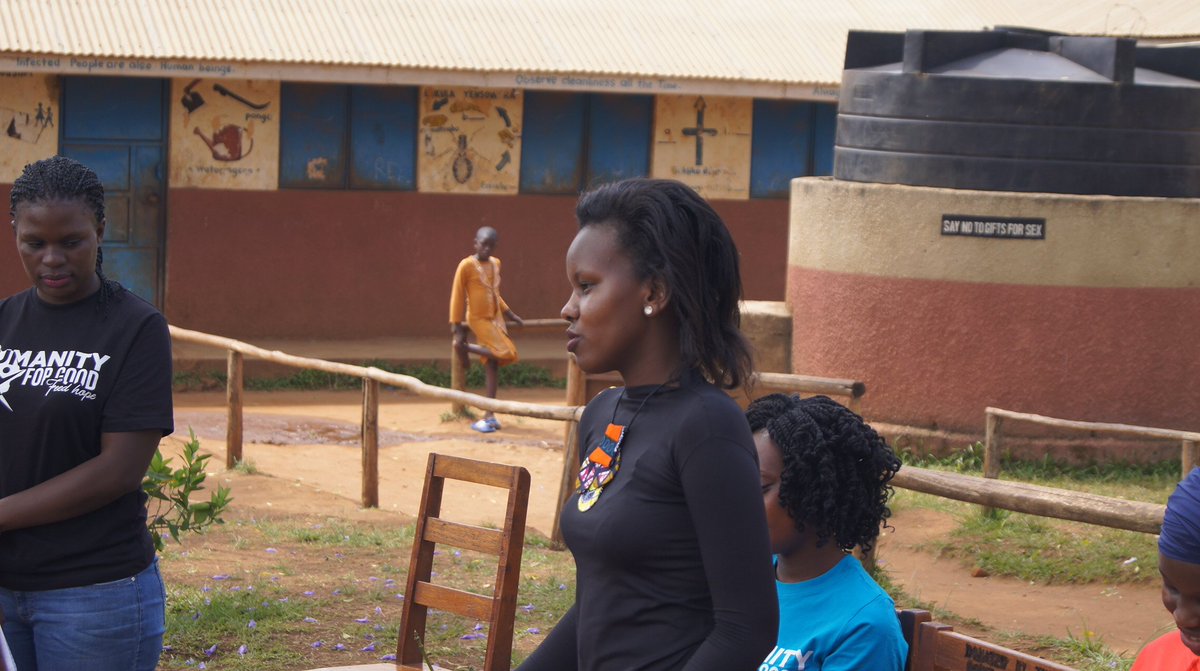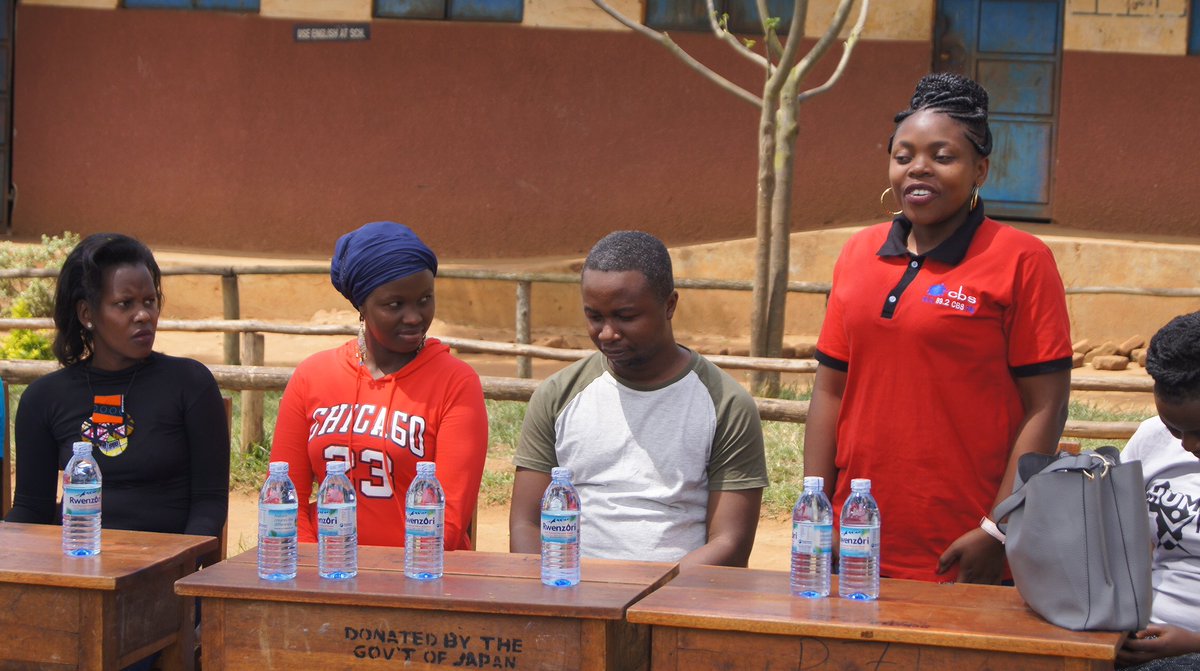
👇👇👇
A thread explaining Who we are, what we do and why we do what we do!
👇👇👇
A thread explaining Who we are, what we do and why we do what we do!
👇👇👇
Humanity For Good is a Government registered Community-based Organization located in Lyantonde and working in the rural communities of Lyantonde, Lwengo and Sembabule districts of Uganda.
Founded in 2017, Humanity For Good envisions a world where every child is enrolled in school and has access to a conducive environment to learn and grow.
Our mission is to empower and protect children through education.
All our programs and activities focus on the child protection principle of ‘The Best Interest of the Child’.
All our programs and activities focus on the child protection principle of ‘The Best Interest of the Child’.
Over 700,000 primary school-age children in Uganda are not enrolled in school, and even among those who do enroll, only 21% will complete a full cycle of primary education.
At @humanity4g, we strongly believe that education is not only a basic need of life but life itself and that it why we work tirelessly to ensure it is afforded to every child irrespective of their background, gender, tribe and economic status.
We do this through our programs that are aimed at removing all the barriers of education in the most hard to reach rural areas in the areas we work in.
One such barrier is poverty among rural households. We are tackling this by setting up Village Savings & Loans Associations (VSLAs) in which parents meet weekly to save and receive knowledge about the importance of saving and making the right decisions at the time of investment.
The main role of these groups is to ensure parents are empowered economically so that they may be able to support their children in school.
Another barrier of education in these communities is menstruation.
In Uganda, one in every four adolescent girls that miss school does so because of menstruation-related problems (Adolescent Risk Behavior Study, 2017).
In Uganda, one in every four adolescent girls that miss school does so because of menstruation-related problems (Adolescent Risk Behavior Study, 2017).
On average, a girl in pri sch misses 8 days of sch every term which translate into an average of 24 days of absenteeism every academic year.
The average gets higher in rural areas where info abt Menstrual Hygiene rarely reaches & where menstruation is discussed in hushed tones.
The average gets higher in rural areas where info abt Menstrual Hygiene rarely reaches & where menstruation is discussed in hushed tones.
80 girls we asked in 6 rural primary school told us they had on average 4 days of menstruation every cycle which equates to 12 days per term and 36 days every academic year.
Majority of these girls (50) said their guardians cannot afford to buy for them disposable pads monthly and therefore use pieces of clothes cut from old clothes and some of these girls actually said they used leaves to manage the blood flow during their menstruation.
In addition, most of them said they feel uncomfortable coming to school during their menstruation and prefer staying home until the end of their menstruation.
We are spreading awareness and bringing information about menstruation in rural primary school communities of Uganda where it is still considered a taboo to talk about menstruation.
Children as well as adults including teachers find it difficult to discuss menstruation openly but we are changing this.
Apart from bringing awareness, we go further and train both girls and boys to make cheap, sustainable and reusable sanitary towels.



Apart from bringing awareness, we go further and train both girls and boys to make cheap, sustainable and reusable sanitary towels.
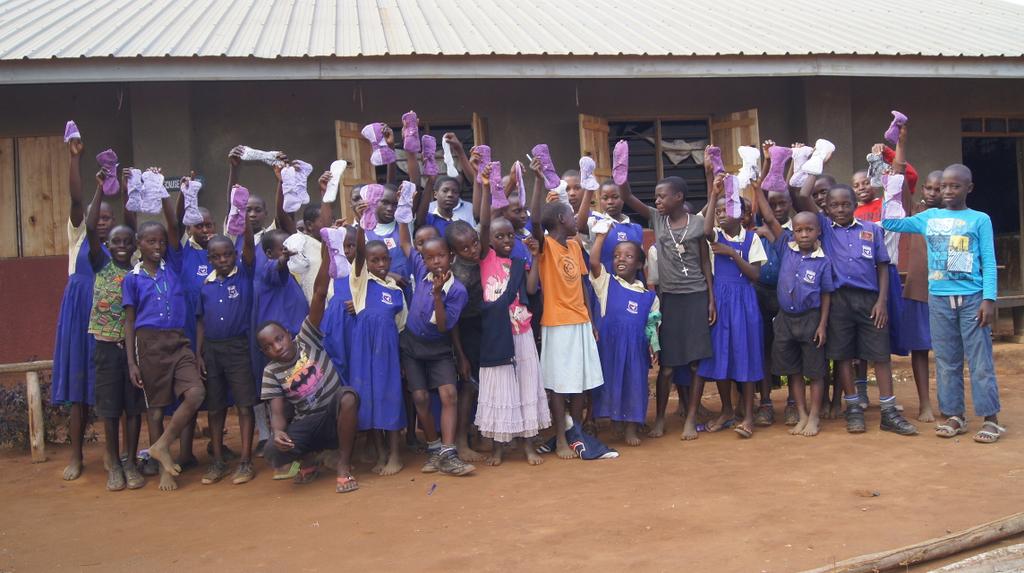



The boys get involved to understand the girls' experience and to be more supportive when girls are going through menstruation. We are hopeful these young lads will grow into understanding fathers and will support their daughters to maintain menstruation hygiene. 



We have trained 300 children in 6 schs thus far & our efforts are already being credited for reducing absenteeism by Sch Heads.
Mr. Noorudin, the HT of Katyaza P/S says he knows 5 girls who are now attending sch regularly bcoz they now have sanitary towels to manage their menses
Mr. Noorudin, the HT of Katyaza P/S says he knows 5 girls who are now attending sch regularly bcoz they now have sanitary towels to manage their menses

Through experience, we understand that for a child to learn and grow, they need an active supportive adult in their lives.
That is why when we find out-of-school children without active guardians, we are compelled to look for substitute guardians who even though do not know and have never met them physically, communicate with them and challenge them with keeping good grades and dreaming big. 





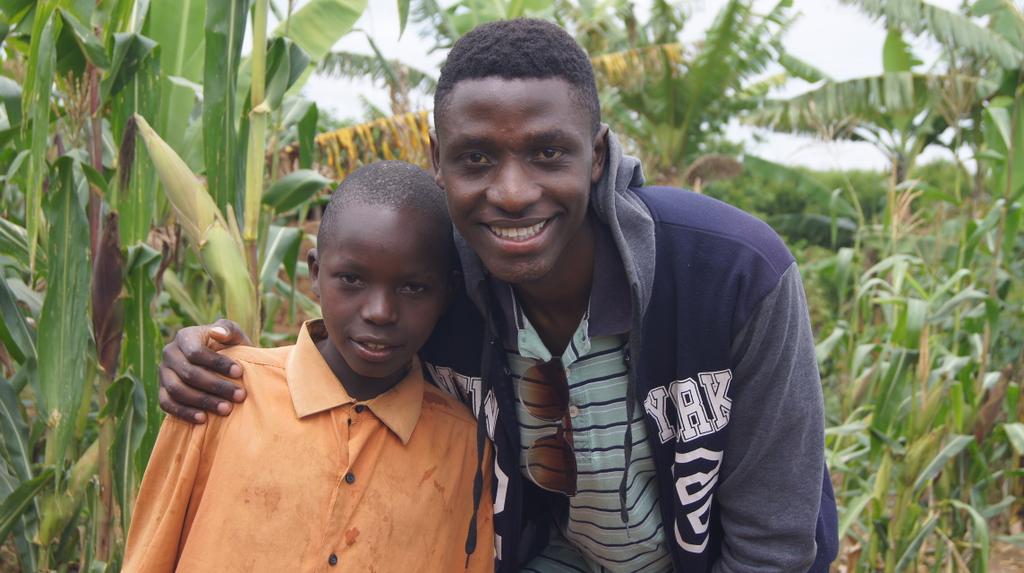

These ‘virtual guardians’ offer to support these children throughout primary school and the higher the children’s grades, the more likely they are to support them further in secondary school. This program is helping us keep many children especially girls in school. 

According to UNESCO, girls with eight years of education are four times less likely to marry as children and a girl with an extra year of education can earn 20 percent more as an adult.
Also, school acts not only as a place of learning but also as a safe haven from child abuses such as child labor, sexual abuse among others which occur when children are not in school. #ForEveryChild 

We are currently in search of partnerships with local technical institutions to take on our children who may fail to qualify to continue to secondary school.
You can support by buying our designer Tshirts at Shs. 20,000 or $6. For every 2 tshirts u buy, an out of school child without active guardians in rural UG is enrolled in sch. #ForEveryChild 

Unroll @threadreaderapp
• • •
Missing some Tweet in this thread? You can try to
force a refresh



